Team

Dr Amelia DeFalco is the Principal Investigator of Imagining Posthuman Care. Amelia is Associate Professor of Medical Humanities in the School of English, University of Leeds. Her research focuses on contemporary cultural depictions of ageing, vulnerability and care, particularly in relation to technology. She is author of Imagining Care: Responsibility, Dependency, and Canadian Literature (University of Toronto Press, 2016) and Uncanny Subjects: Aging in Contemporary Narrative (Ohio State University Press, 2010), essays on cultural representations of ageing, disability, gender, care, technology and the posthuman, and co-editor of Ethics and Affects in the Fiction of Alice Munro (Palgrave, 2018). She is the Co-I of two Wellcome-funded research projects, Imagining Technologies for Disability Futures and LivingBodiesObjects (beginning January 2022). She is currently writing a monograph, Curious Kin: Fictions of Posthuman Care, and co-editing a Special Issue of Senses and Society on the theme of affective technotouch.
@AmeliaDefalco
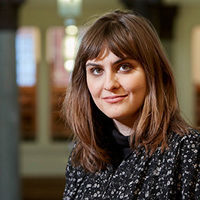
Dr Maya Caspari is Postdoctoral Research and Engagement Fellow in the School of English, University of Leeds. She is currently completing a monograph on the politics of touch in contemporary world literature, as well as co-editing a special issue of parallax on decolonial feminisms. Her PhD explored the representation of difficult histories in authors including Katja Petrowskaja, Claudia Rankine and Teju Cole. In 2020, she was joint winner of the Postcolonial Studies Association / Journal of Postcolonial Writing Postgraduate Essay Prize for an article on Han Kang’s The Vegetarian. In addition to her academic research, Maya has substantial experience of public engagement. She has worked with arts and cultural institutions including the ICA, the German Historical Institute London, Wasafiri Magazine and the Migration Museum. She is also a writer and editor; her creative work has appeared in magazines including Ambit and The Poetry Review. @Mayamnc
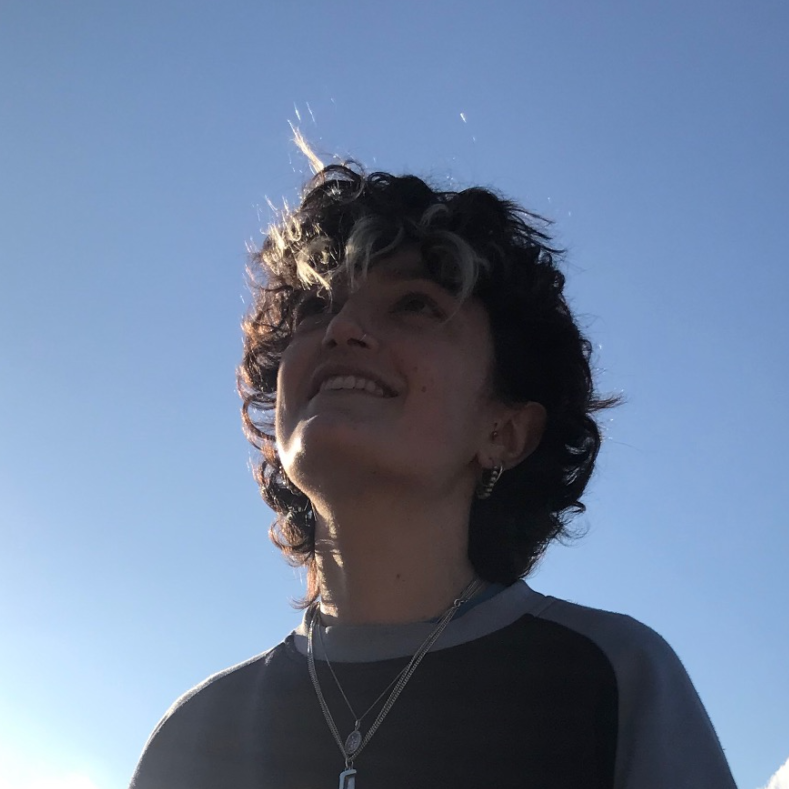
Ellen Lloyd is a Project Intern on Imagining Posthuman Care. She is an MA student at the University of Leeds, studying Art Gallery and Museum Studies. She has focused her studies on the critical potential of contemporary curation and artistic practice to disrupt established museological systems. She completed her BA in English Literature and Art History in 2020, and having completed a number of work placements in arts and heritage organisations in both Leeds and her home town of London, seeks to develop her career with a focus on inclusion and engagement within the cultural sector. @its_ellen__
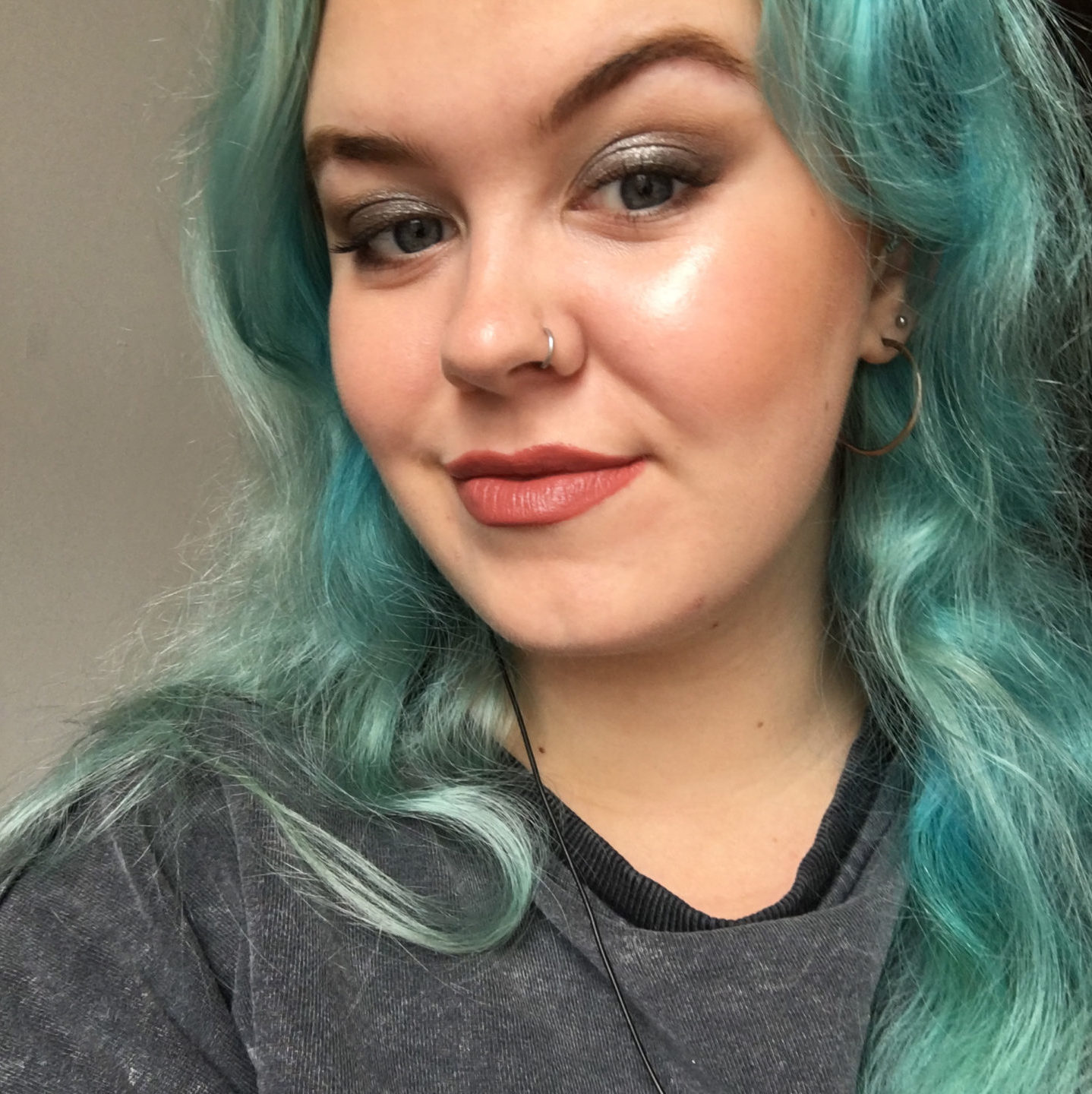
Lizzie Wright is a Project Intern on Imagining Posthuman Care. She is an MRes student at the University of Leeds, researching disability and disfigurement in comic-book adaptations. She completed her BA in English Language and Literature in 2021, and has a keen interest in medical humanities, particularly bioethics and issues of consent in medical care. @lizziewrightlds
Advisory Board
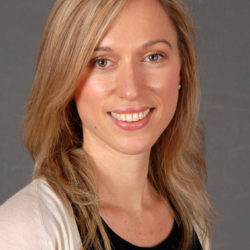
Dr Alice Hall is a Lecturer in Contemporary and Global Literature at the University of York. Alice’s research interests are in literature and the body, feminism, disability theory, and medical humanities. She is particularly interested in twentieth and twenty-first century British and American literature and contemporary women’s writing. Alice’s work has been funded by the AHRC, the Academy of Medical Sciences and the Wellcome Trust. She is the author of Disability and Modern Fiction: Faulkner, Morrison, Coetzee and the Nobel Prize for Literature (2012) and Literature and Disability: Contemporary Critical Thought (Routledge 2015). She is also the editor of The Routledge Companion to Literature and Disability (Routledge, 2020) and Contemporary Literature and the Body: a Critical Introduction (Bloomsbury, 2022). Since being chosen as a BBC New Generation Thinker, Alice has contributed to various radio programmes and made a short film for BBC Arts. With Professor Sanjoy Bhattacharya, she set up a new MA in Medical History and Humanities at York, which launched in 2016. She is the editor of the Representations: Health, Disability, Culture and Society series published by Liverpool University Press and a member of the Northern Network for Medical Humanities steering group.
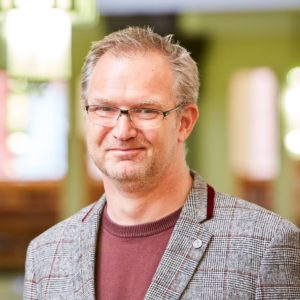
Professor Stuart Murray is a Professor of Contemporary Literatures and Film in the School of English at the University of Leeds, where he is also Director of the Centre for Medical Humanities. His research interests focus on contemporary cultural depictions of disability, mental health, posthumanism and technological embodiment, and have led to collaborations not only with other disciplines, but also with individuals outside of academia, including engineers, roboticists, designers and disability communities. He is currently the Principal Investigator on the 5-year Wellcome Trust funded Collaborative Award Imagining Technologies for Disabilities Futures, which combines expertise in arts and humanities, product design, robotics and users of assistive technologies to increase understanding of how disability and embodiment are currently represented and used, and the ways in which technology can enhance lives in the future. He is also the Lead Co-Investigator on the Wellcome Research Development Award, LivingBodiesObjects: Technology and the Spaces of Health, which will run from 2022 to 2025. Some of his recent publications include, Disability and the Posthuman: Bodies, Technology and Cultural Futures (Liverpool University Press, 2020), and the co-edited collection, The Cambridge Companion to Literature and Disability (Cambridge University Press, 2017). He is currently working on his new book, Medical Humanities and Disability Studies: Beyond Disciplines, which is due to be published by Bloomsbury in 2022.
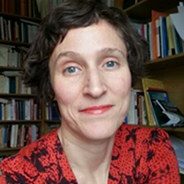
Dr Maria Puig de la Bellacasa is a Reader at the Centre for Interdisciplinary Methodologies, University of Warwick, working at the intersection of science and technology studies, feminist theory and the environmental humanities. Her most recent book Matters of Care. Speculative Ethics in More than Human Worlds (Minnesota University Press, 2017) attempts to connect a feminist materialist tradition of critical thinking on care with debates on more than human ontologies and ecological practice. She has been awarded an AHRC Leadership Fellowship to research changes in human-soil relations. This research will be developed into the forthcoming book, When the Name for World is Soil. Transforming Human-Soil Affections Through Science, Culture and Community. A second interconnected project, Embracing Breakdown, is a search of an ethos of sharing and passing on of matter – nutrients, energy, elements. She is also co-Investigator in the project Mending the New: A Framework for Reconciliation Through Testimonial Digital Textiles in the Transition to Post-Conflict Rural Colombia (UKRI Newton-Colciencias ODA Award 2018-2020) which develops a framework for reconciliation with communities which have been crafting textiles and have been severely affected by the armed conflict.